How the end of expanded child tax credits led to a spike in child poverty
The number of children living in poverty in the US doubled, and critics say it was avoidable

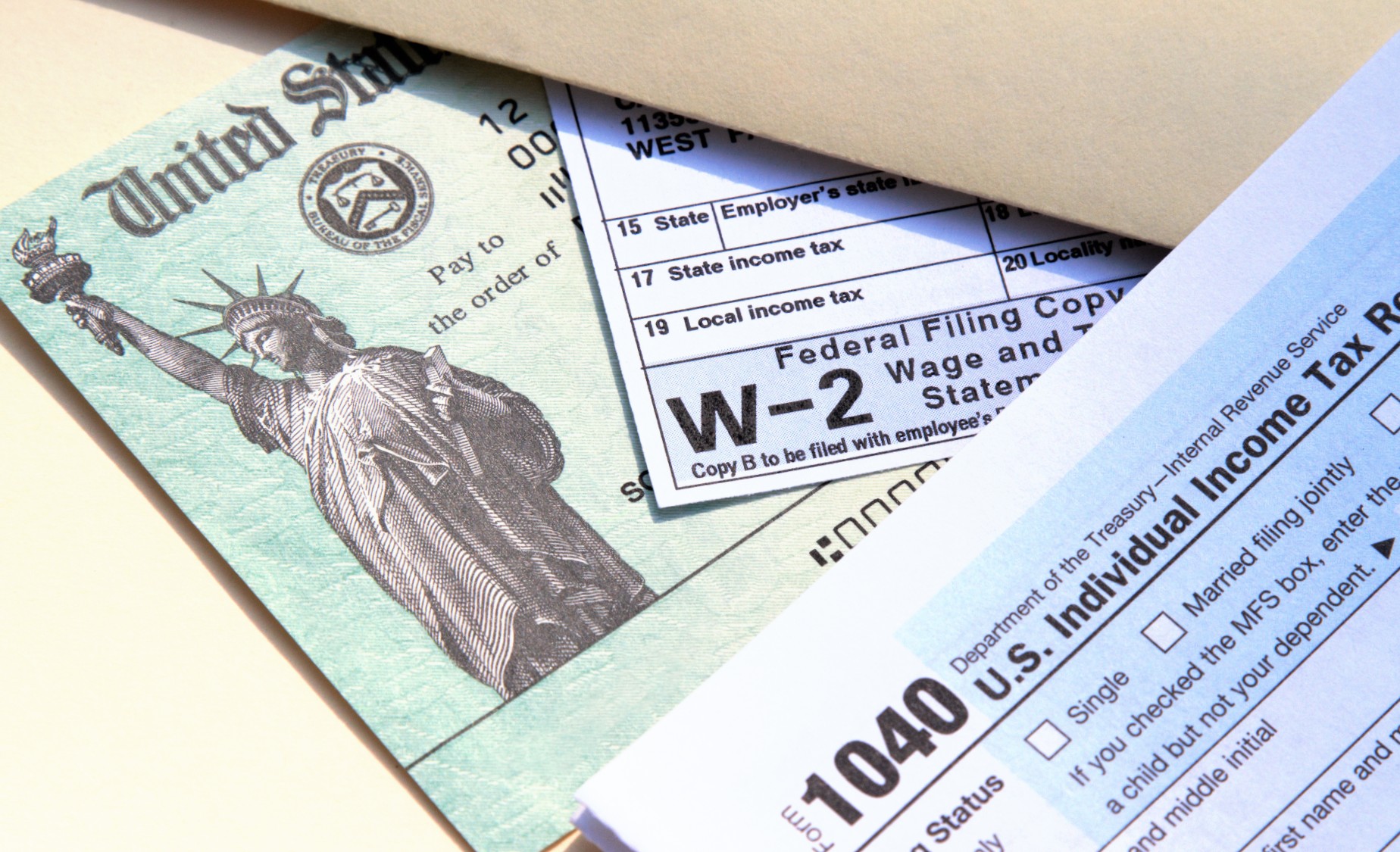
A free daily email with the biggest news stories of the day – and the best features from TheWeek.com
You are now subscribed
Your newsletter sign-up was successful
The child poverty rate in the United States more than doubled between 2021 and 2022, according to new data on poverty, income, and health insurance from the U.S. Census Bureau on Sept. 12. A year after the rate hit a historic low of 5.2 percent, the percentage of children living in poverty jumped to 12.4 percent. The bureau pointed to the end of the pandemic-era expansion of child tax credits in late 2021 as a critical factor in the dramatic increases.
“This represents a return to child poverty levels prior to the pandemic,” Liana Fox, assistant division chief at the Census Bureau, said during a news conference, per the Associated Press. “We did see the child tax credit had a substantial decrease in child poverty.”
The increase was “part of a wider rise in poverty recorded by the Census,” Time noted, “some of which can be attributed to inflation.” However, child advocates said, “the leap was particularly stark for kids — and was avoidable,” the outlet added.
The Week
Escape your echo chamber. Get the facts behind the news, plus analysis from multiple perspectives.

Sign up for The Week's Free Newsletters
From our morning news briefing to a weekly Good News Newsletter, get the best of The Week delivered directly to your inbox.
From our morning news briefing to a weekly Good News Newsletter, get the best of The Week delivered directly to your inbox.
How did the rate go from a record low to more than doubling in one year?
During the pandemic, Congress expanded the child tax credit as a part of the American Rescue Plan, which helped families stay afloat alongside stimulus checks. Families received up to $3,600 for kids under 6, and $3,000 for children aged 6 to seventeen. Officials also made the tax credit refundable, meaning families who did not make enough money to owe income tax could still be eligible for the monthly payments. This allowed millions of low-income families to be qualified and helped drive the child poverty rate to its lowest level in years.
That progress was reversed when the pandemic relief lapsed, and Congress did not vote to extend the expanded child tax credit at the end of 2021. With the program ending, millions of families lost eligibility for the credit. The child tax credit can sometimes be considered “an upside-down policy," Sharon Parrott, president of the Center on Budget and Policy Priorities, told NPR. "That's because the children who need it the most get the least, while higher income children get more." That means when the pandemic relief ended, many families no longer reached the income requirement to qualify for the credit. In contrast, families making six-figure incomes still get the full tax credit, Parrott explained. The child credit is income-based, so the more money you make, the more you earn per child.
The data highlights “that poverty in our country isn’t a personal failing, but rather a policy choice," said Melissa Boteach, vice president of income security at the National Women’s Law Center, per Time. Legislators could “lift millions of women and children out of poverty” if they “prioritize families over their wealthy donors,” Boteach added.
If the expanded tax credit was working, why wasn’t it extended?
President Biden blamed congressional Republicans for not extending the expanded child tax credit, arguing that the rise reported by the Census was “no accident.” But the push to expand the child tax credit reached a stalemate in Congress, with opposition from Democrats and Republicans. “One flash point was an insistence by some lawmakers that it should go only to families with working parents,” wrote The Washington Post editorial board. Others objected because they felt the money would discourage people from working and fuel inflation, which was already at a record high. Sen. Joe Manchin (D-W.Va.) reportedly suggested that parents would use the extra money on drugs, per Intelligencer, and he later opposed his party’s Build Back Better budget proposal, which included an extension to the child tax credit program.
A free daily email with the biggest news stories of the day – and the best features from TheWeek.com
On a smaller scale, it’s “encouraging that 13 states have a version of the tax credit in place,” the Post editorial board reported. Most are blue states, but “there are also programs in conservative states such as Idaho and Oklahoma, where lawmakers understand how effectively it works,” the board noted. Some Republican senators also support increasing the credit. Sen. Mitt Romney (R-Utah) proposed an increase with up to $1,400 refundable for lower-income families, while Senators Marco Rubio (R-Fla.) and Mike Lee (R-Utah) support a bump in the credit without making it refundable.
Theara Coleman has worked as a staff writer at The Week since September 2022. She frequently writes about technology, education, literature and general news. She was previously a contributing writer and assistant editor at Honeysuckle Magazine, where she covered racial politics and cannabis industry news.
-
 Local elections 2026: where are they and who is expected to win?
Local elections 2026: where are they and who is expected to win?The Explainer Labour is braced for heavy losses and U-turn on postponing some council elections hasn’t helped the party’s prospects
-
 6 of the world’s most accessible destinations
6 of the world’s most accessible destinationsThe Week Recommends Experience all of Berlin, Singapore and Sydney
-
 How the FCC’s ‘equal time’ rule works
How the FCC’s ‘equal time’ rule worksIn the Spotlight The law is at the heart of the Colbert-CBS conflict
-
 'Whether we like it or not, social media is the public square of the 21st century'
'Whether we like it or not, social media is the public square of the 21st century'Instant Opinion Opinion, comment and editorials of the day
-
 Jay Bhattacharya: another Covid-19 critic goes to Washington
Jay Bhattacharya: another Covid-19 critic goes to WashingtonIn the Spotlight Trump picks a prominent pandemic skeptic to lead the National Institutes of Health
-
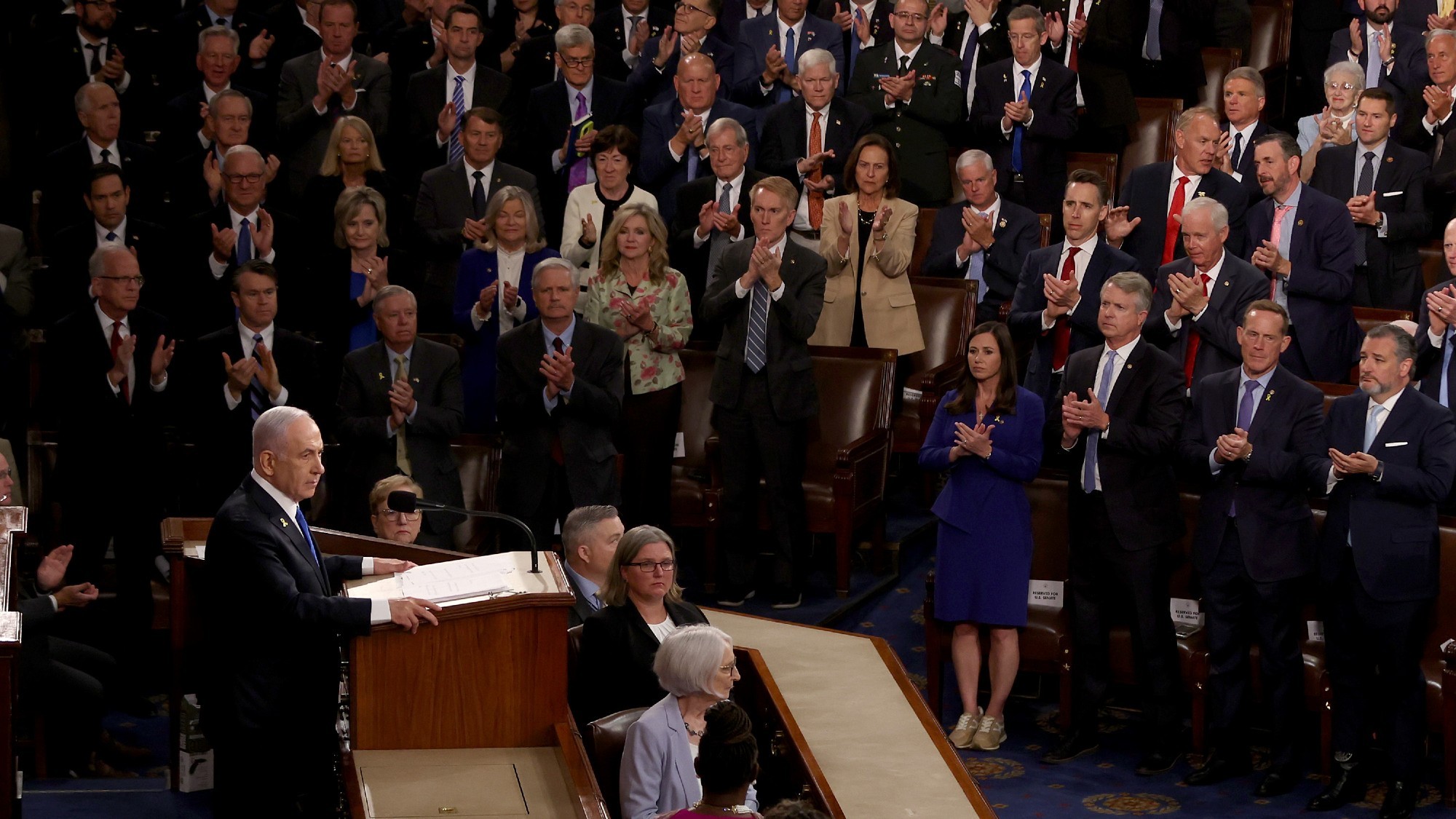 'The end result is all of humanity degraded'
'The end result is all of humanity degraded'Instant Opinion Opinion, comment and editorials of the day
-
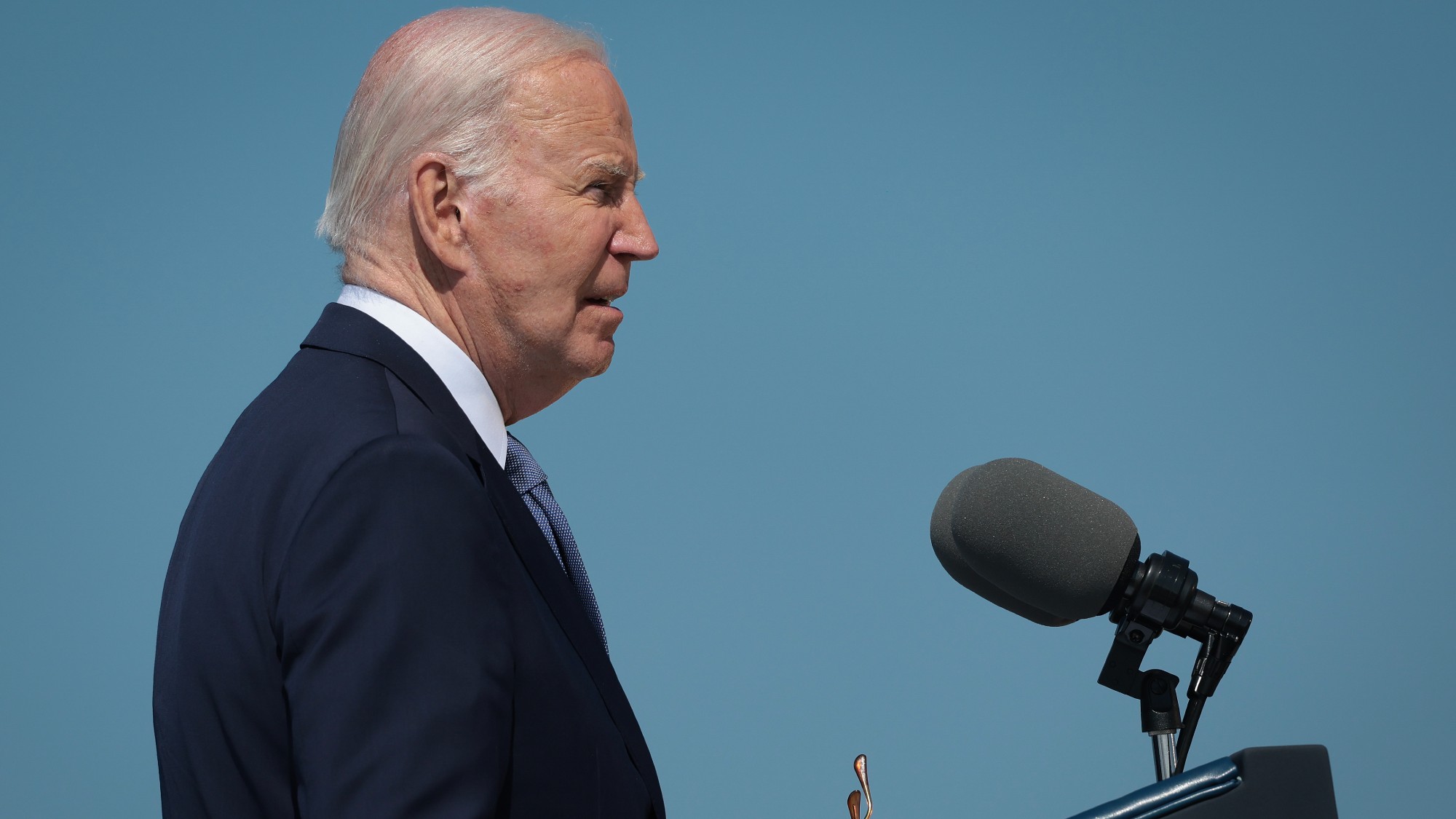 'Spare us the charade'
'Spare us the charade'Instant Opinion Opinion, comment and editorials of the day
-
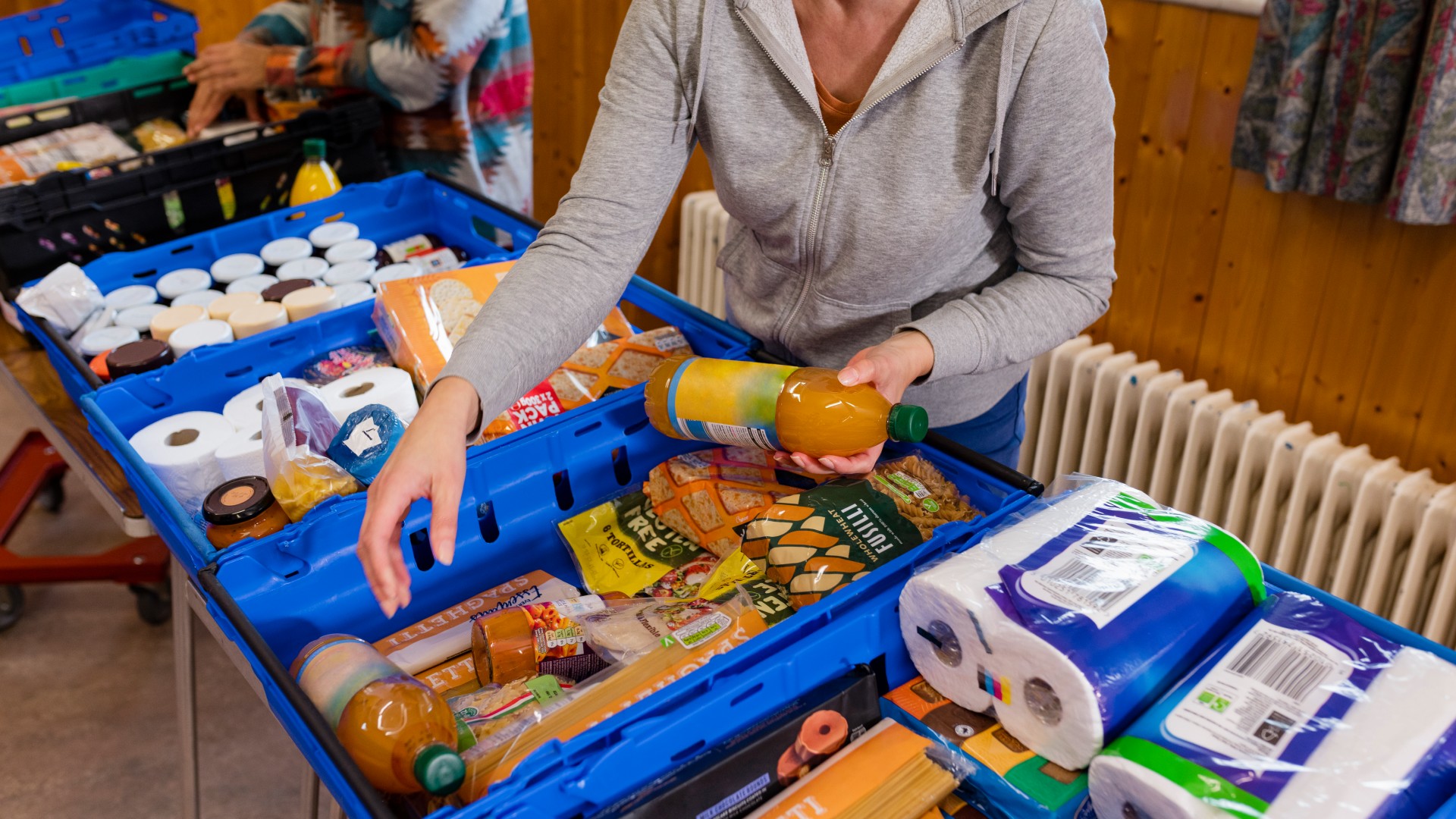 The UK's food poverty crisis
The UK's food poverty crisisThe Explainer Austerity, Brexit, the Covid-19 pandemic and high inflation have led to one of Europe's worst rates of food insecurity
-
 'Voters know Biden and Trump all too well'
'Voters know Biden and Trump all too well'Instant Opinion Opinion, comment and editorials of the day
-
 Less than total recall
Less than total recallEditor's Letter Why our brains want to forget the darkest days of the pandemic
-
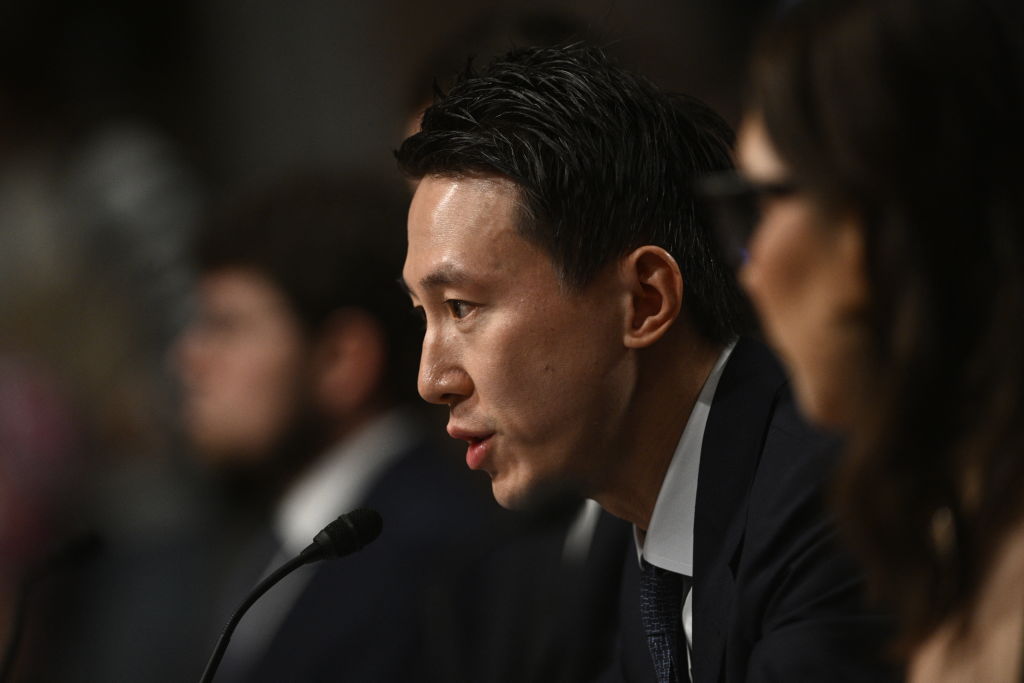 'TikTok is a national-security threat'
'TikTok is a national-security threat'Instant Opinion Opinion, comment and editorials of the day
